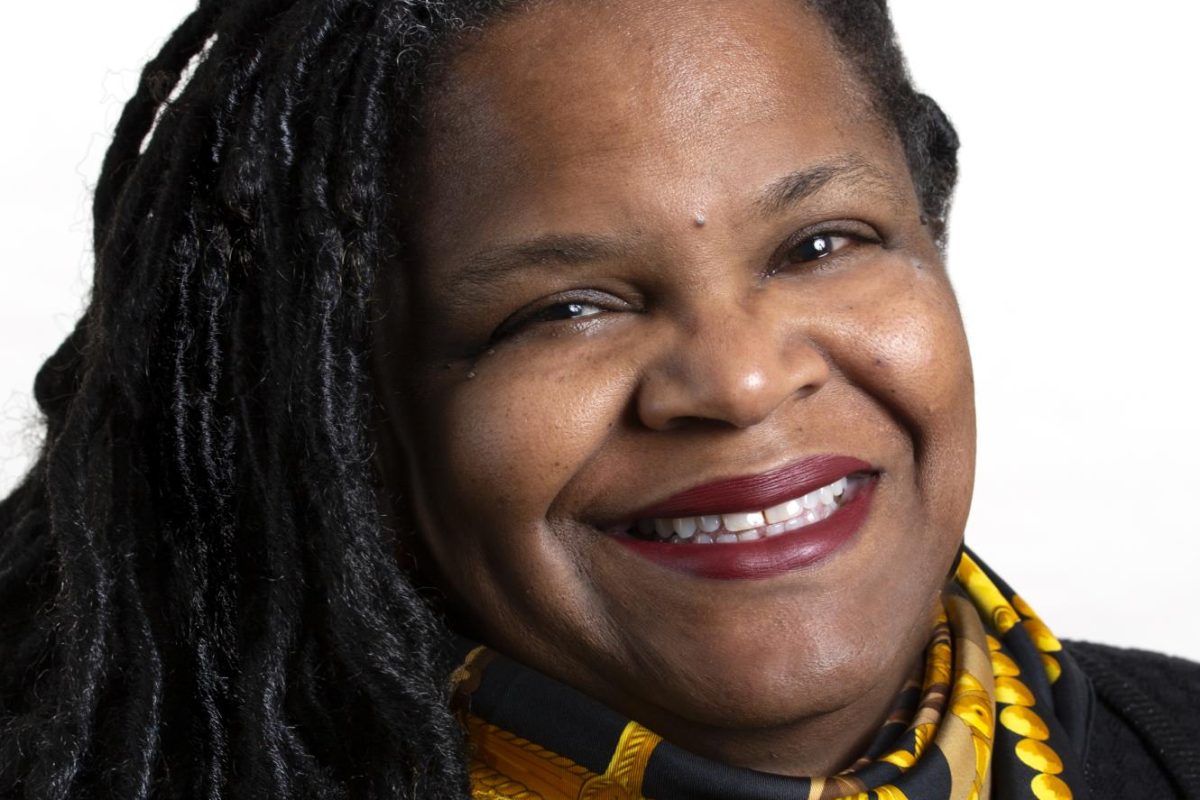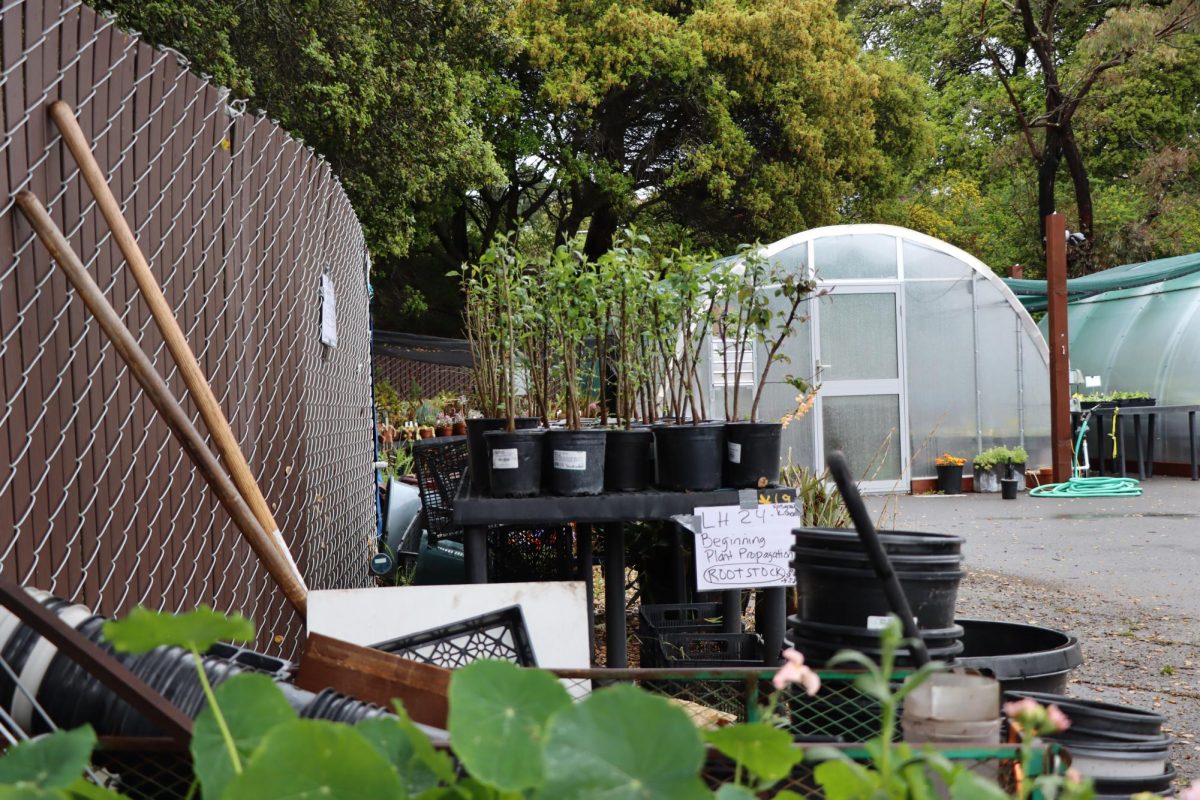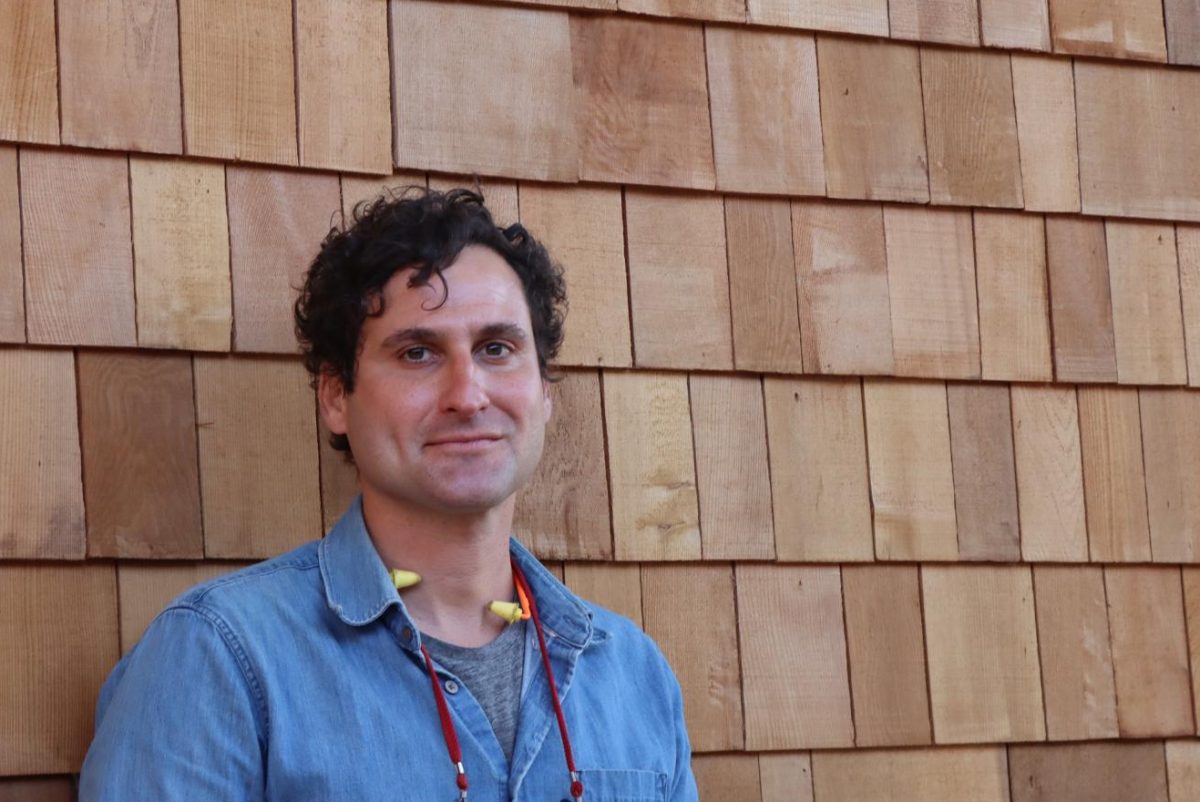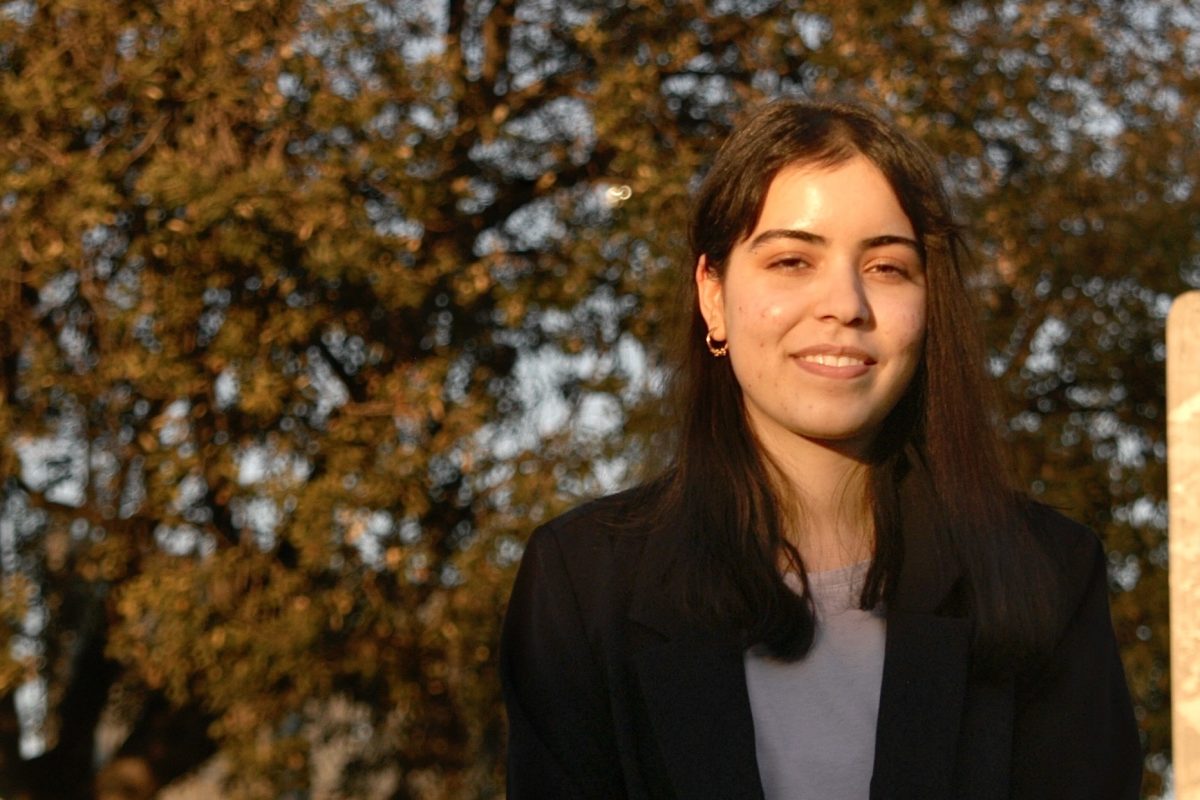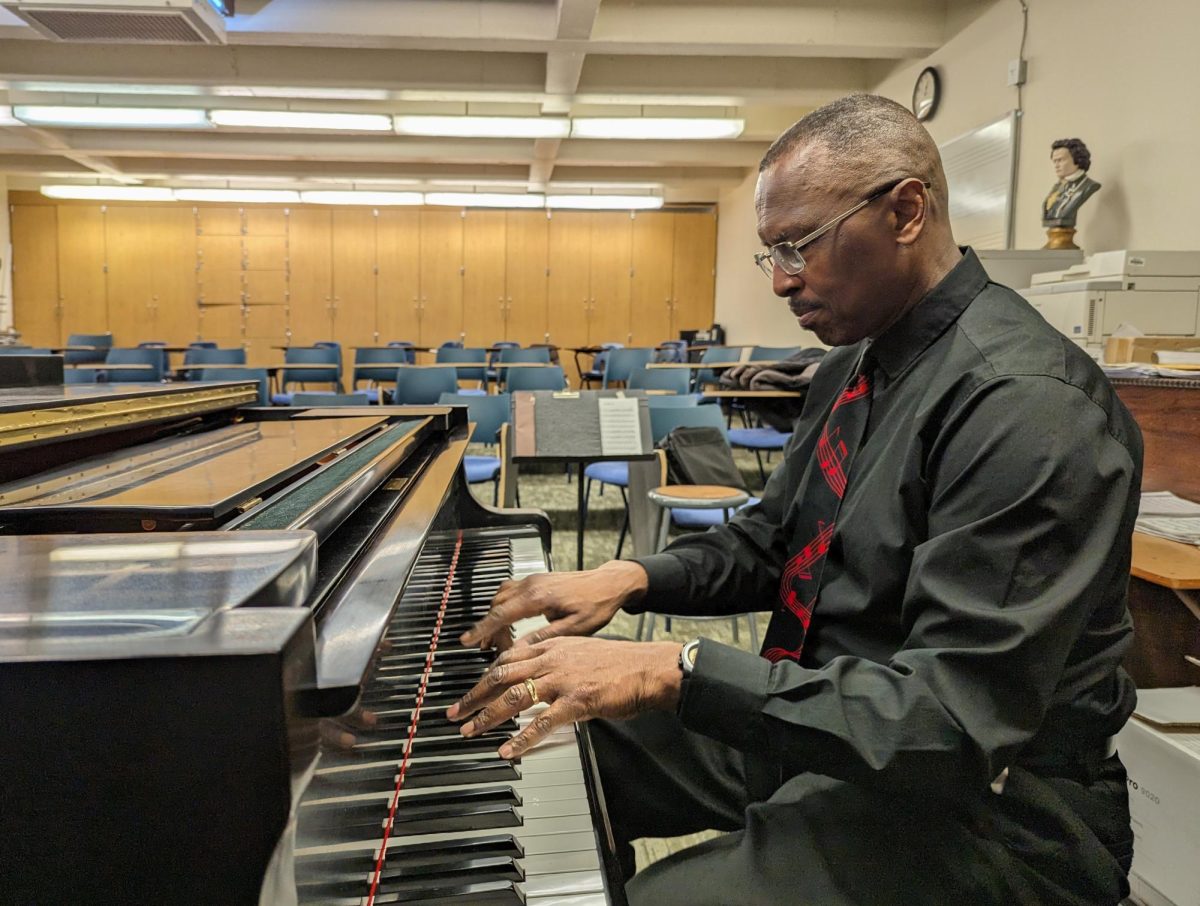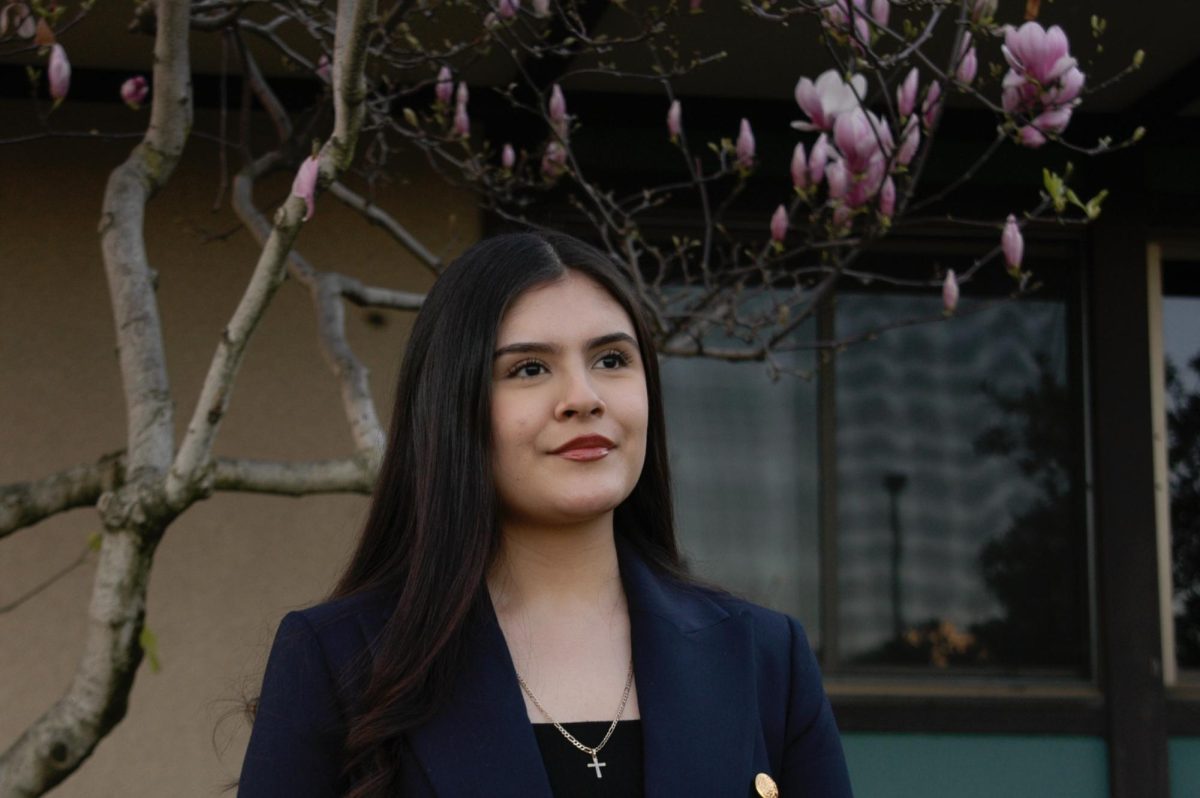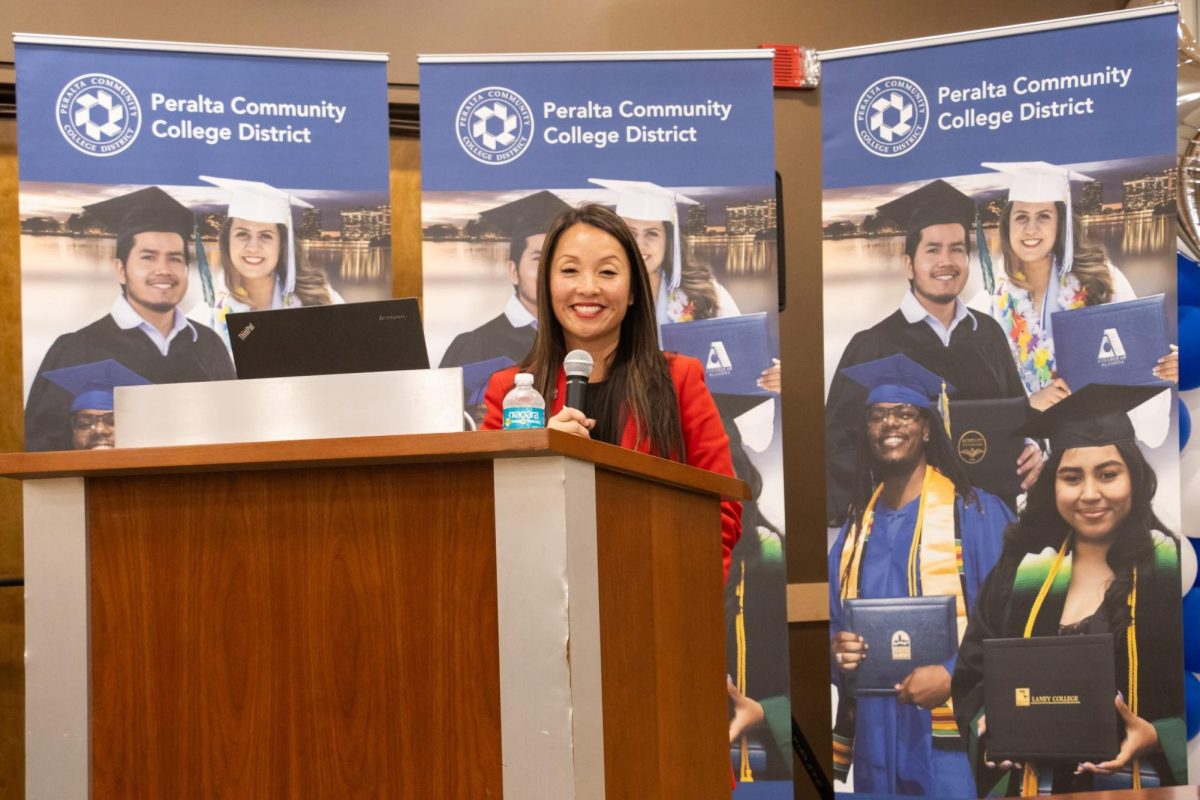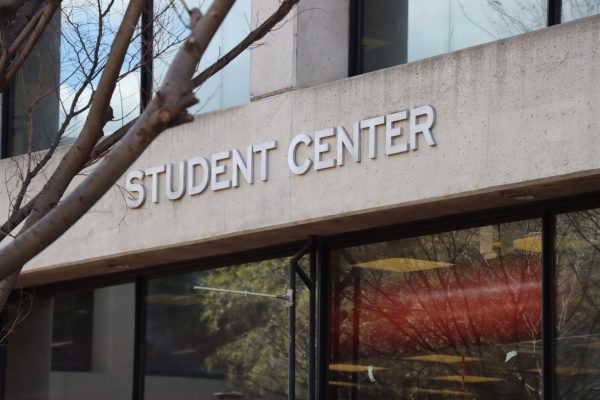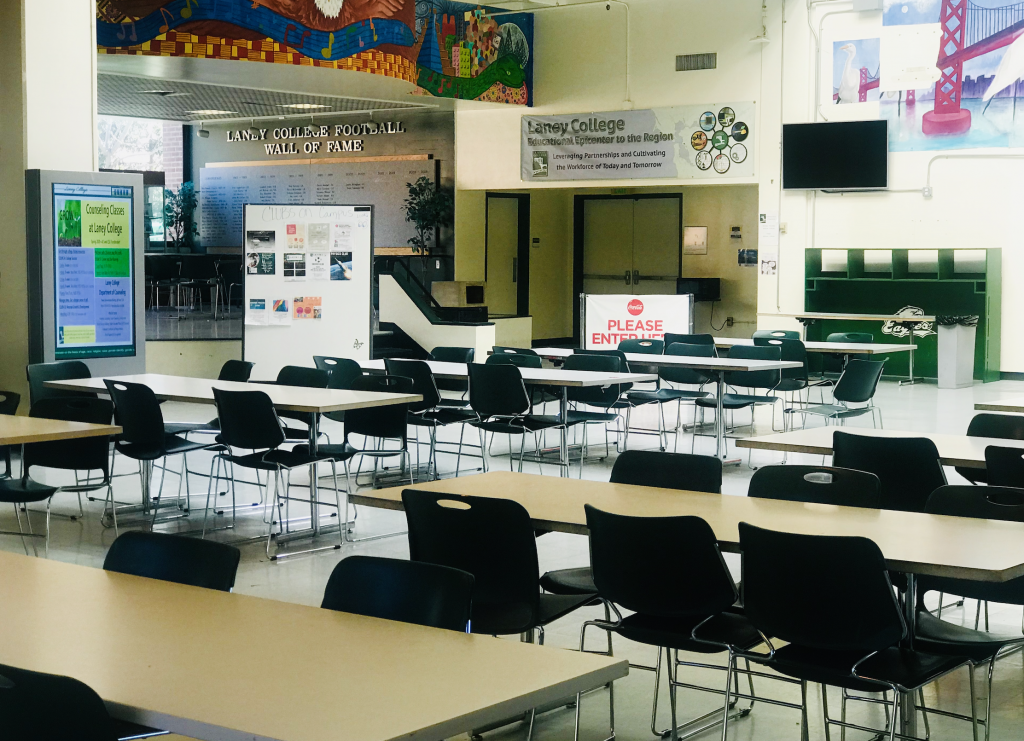At yesterday’s emergency board meeting, the Peralta Board of Trustees voted to approve an amendment to the calendar, shifting spring break to next week, March 16-21. The change was proposed at the Tuesday, March 10 Board of Trustees meeting by Chancellor Regina Stanback Stroud, where she also announced the cancellation of all face-to-face classes for the remainder of the week.
“We are obviously going into uncharted territory — this is a place that we’ve never been before,” Board of Trustees Vice President Cynthia Napoli-Abella Reiss said during the meeting.
Before spring break starts next week, faculty are encouraged to familiarize themselves with Canvas and prepare for replacing face-to-face instruction with online instruction, should they choose to do so. After spring break, the mode of instruction will be up to professors. In this fluid and confusing time of schedule and platform amendments, many wonder what these changes mean for students.
Students reluctant to move spring break
Students have expressed distress over the spring break schedule move, citing already-booked plane tickets and approved time off work as reasons for their discontent.
“Understand that our priority is to decrease the possibility of the spread of any exposure of any infectious disease,” Stanback Stroud said at the March 10 Board of Trustees meeting.
“That protocol actually takes precedence over the convenience of spring break plans.”
Mark Johnson, interim executive director of public information, communication & media, elaborated that “The whole purpose of canceling the face-to-face classes now [March 11] through Saturday, and moving up spring break, is to create space and social distancing.
“And, frankly, to allow everybody to kind of calm themselves about the COVID-19 virus.”
According to Ysrael Quezon, College of Alameda student body president, he thinks moving spring break is a smart decision because it will allow time to prepare students and teachers for a possible transition to online learning. However, he also expressed concern for homeless students, or others who rely on campus as a safe and secure location, who will not have time to prepare for the change.
“I think it raises a question of how we can provide and take care of those vulnerable students,” Quezon said.
Despite the schedule change, some students and teachers may not be able to — or want to — change travel plans they made for the original break in April. To accommodate decisions to miss classes that week, professors will have the option to teach classes online. In addition, Stanback Stroud said that the administration is encouraging teachers who do teach in-person to be understanding of student absences, however, professors will still have the freedom to grade on attendance as they see fit.
Concern over student comfort and access with online learning
Therefore, teachers have the option of converting their classes to online instruction after spring break, but it is not a requirement. To prepare students who may need to transition from in-person to online classes, Peralta understands the need to offer workshops to train students and teachers how to use Peralta online platforms, such as Canvas, Zoom, Microsoft Teams, and Google Drive.
To help mitigate student fears about online learning, Siri Brown, the vice chancellor of academic affairs, said that the college will start offering workshops about the use of Peralta online platforms after spring break. Campus tutors are also being prepped to help students who aren’t comfortable with online learning.
Financial strain of online learning
Beyond concerns about internet unfamiliarity, switching from face-to-face to online classes could have a significant effect on students who don’t own a computer, don’t have steady access to WiFi and could be housing insecure.
Spencer Staggers-Elmore, Merritt College student body president, mentioned that even though transitioning to online classes is the best decision for students in terms of health, it will also create difficulties for students who struggle to make ends meet as it is.
“This [change] still has a high potential of causing additional stress on an already stressful situation,” Staggers-Elmore said.
“But as of now, the most logical reasoning is to move to an online-only platform of instruction.”
Because a transition to online learning will be difficult for many students, key members of the district administration worry that students could disappear out of frustration.
“We don’t want to lose students. We don’t want students to [think] ‘Oh, I’m just going away because it’s just too much,’” Brown said.
“We really need students to come in, email, tell us: ‘This is not working for me, I’m struggling,’ so that we can give as much support as we can for students to complete their academic goals this semester.”
While some classes will go digital, all four campuses will still be open after spring break. Libraries, computer labs, and other facilities will be available to students, and classified and administrative staff will be working to help those seeking assistance.
Communication struggles
The decision to cancel remaining classes this week was announced less than eight hours before Peralta’s earliest classes begin. Texts and emails were sent out, but several students showed up for class the first day of canceled classes anyway, reporting that they didn’t receive or see those notifications.
Peralta student representatives have an important role to play in facilitating communication between the district and the students regarding preventative measures, last minute announcements and urgent updates that affect their Peralta course load. However, some representatives feel there is a lack of communication between themselves and the district.
“The district hasn’t used student government to communicate any changes, which is unfortunate because we are a direct line to students,” said Associated Student of Laney College President Terance Williams.
“I think the challenge is communicating to students so that they are prepared,” said Siri Brown, the vice chancellor of academic affairs. Getting information to students is often difficult, Brown said, because the school might not have current contact information, such as phone numbers or emails. According to Mark Johnson, nearly half of Peralta students do not provide their phone numbers when registering for classes.
For smooth communication, Brown encourages students to make sure their contact information is up-to-date. This can be done in-person at each campus’ Welcome Centers, and Peralta emails can be linked or forwarded to personal emails to ensure successful communication.
Fear in attending
Students in classes that remain open but are afraid of virus transmission might wonder: will there be penalties for missing class? That concern was addressed at yesterday’s emergency board meeting, March 11. Stanback Stroud said administration will encourage teachers who choose to keep teaching face-to-face to relax their attendance policy regarding absences, but ultimately the district cannot interfere with professors’ grading policies.
A time of flexibility
As the district and campuses scramble to adjust for COVID-19, members of administration have repeated that the situation is live and evolving. Linda Handy echoed their position during yesterday’s emergency board meeting.
“Everything might change tomorrow because we’re not driving this bus,” Handy said.


